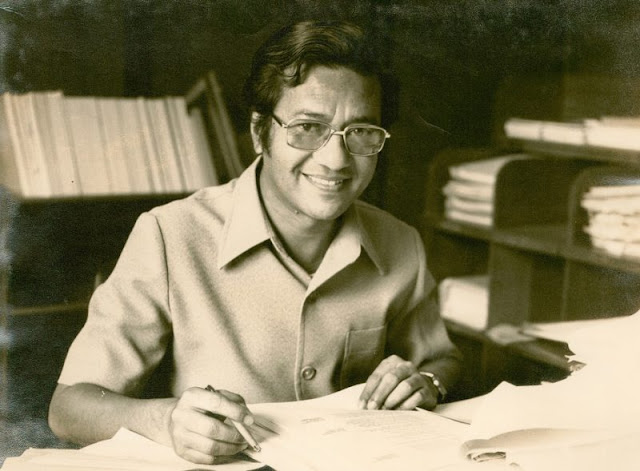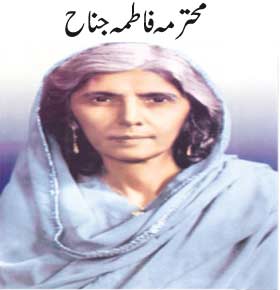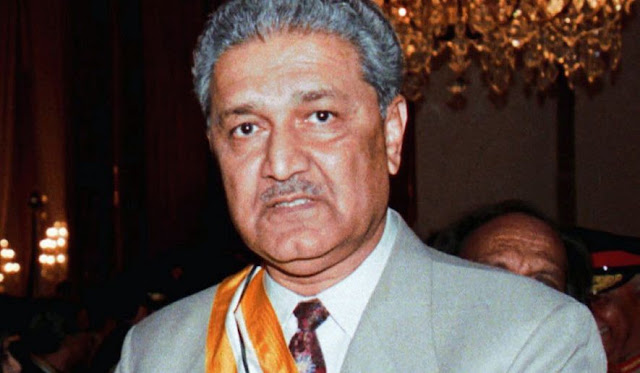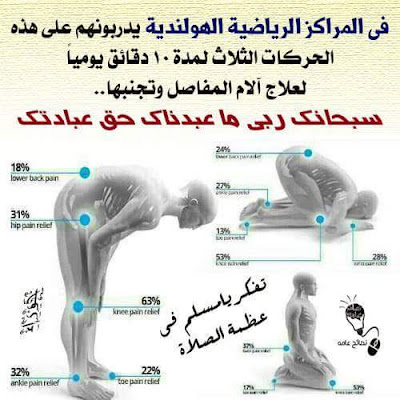Topic about crime

What is the full meaning of crime? Definition of crime:- 1: an illegal act for which someone can be punished by the government especially: a gross violation of law. 2: A grave offense especially against morality. 3: C riminal activity efforts to fight crime . 4: Something reprehensible, foolish, or disgraceful it's a crime to waste good food. What is the definition of crime in criminology? Definitions of Crime Criminologist Paul Tappan defines crime as “an intentional act or omission in violation of criminal law …, committed without defense or justification, and sanctioned by the state as a felony or misdemeanor.” What are the main types of crime? Although there are many different kinds of crimes, criminal acts can generally be divided into four primary categories: 1. Personal crimes 2. ...









Great Information!
ReplyDeleteMaa Sha Allah
Thank you is much. I appreciate to you and I happy to give me little pressure to upload more blogs.
Delete